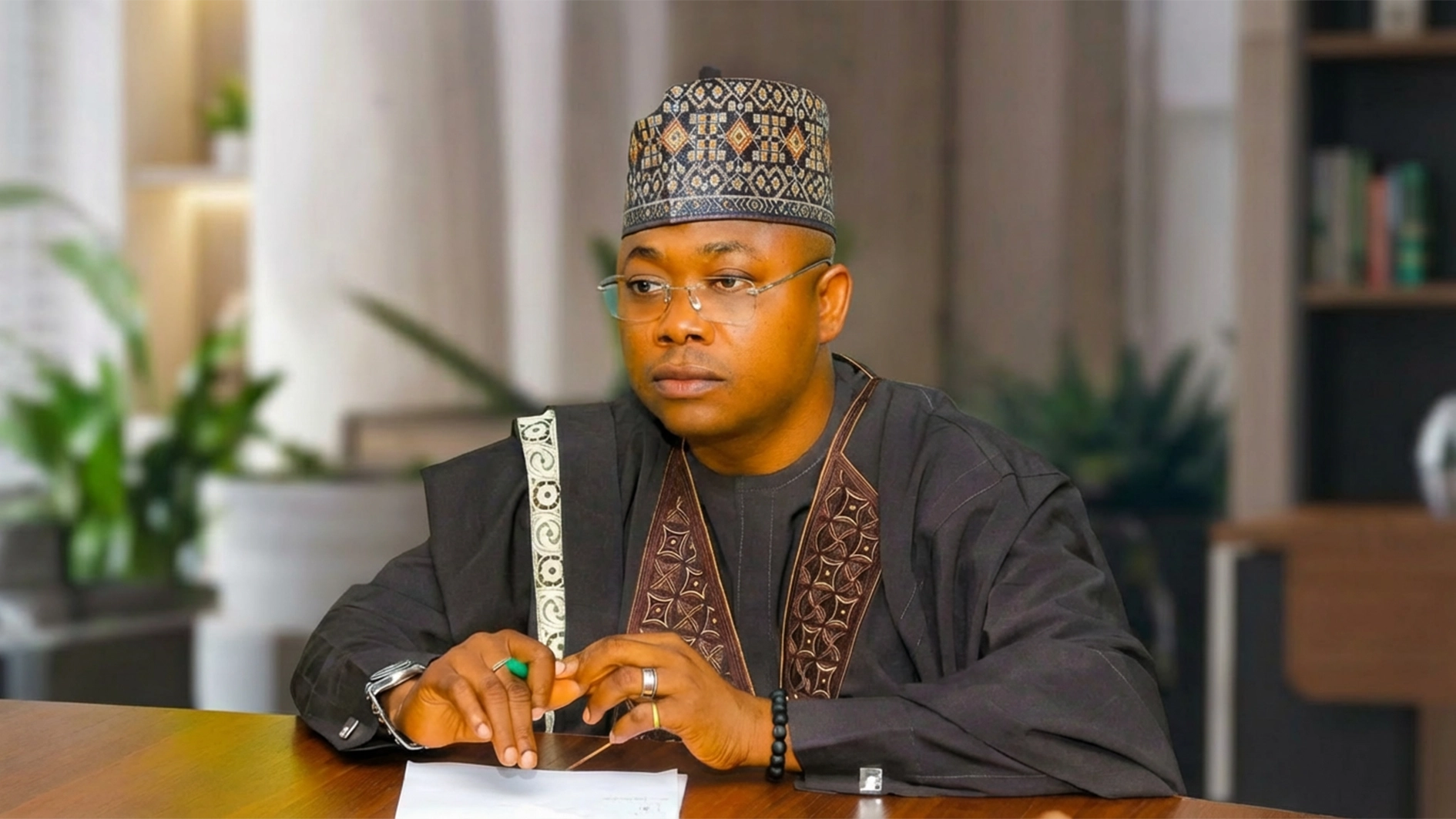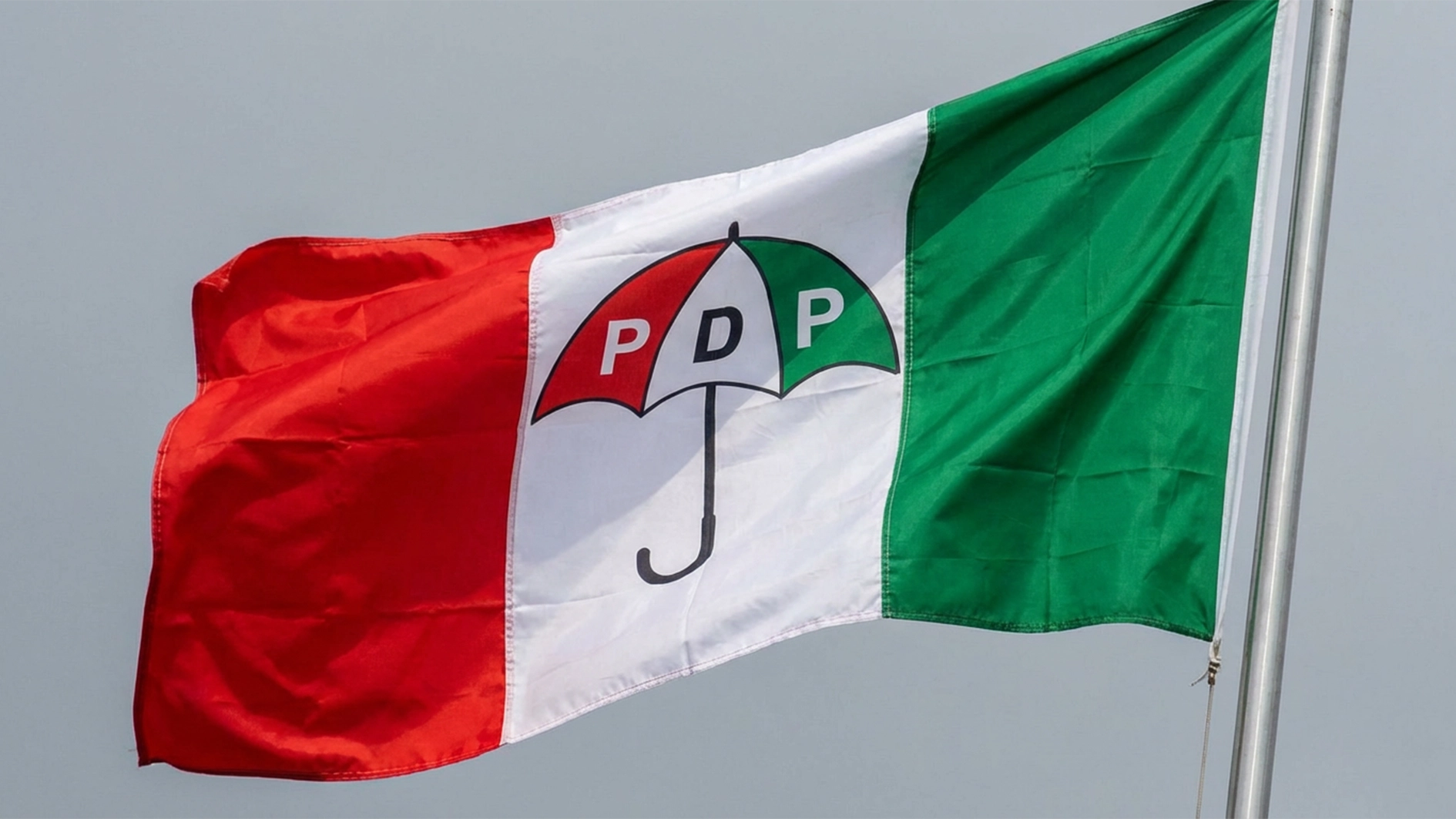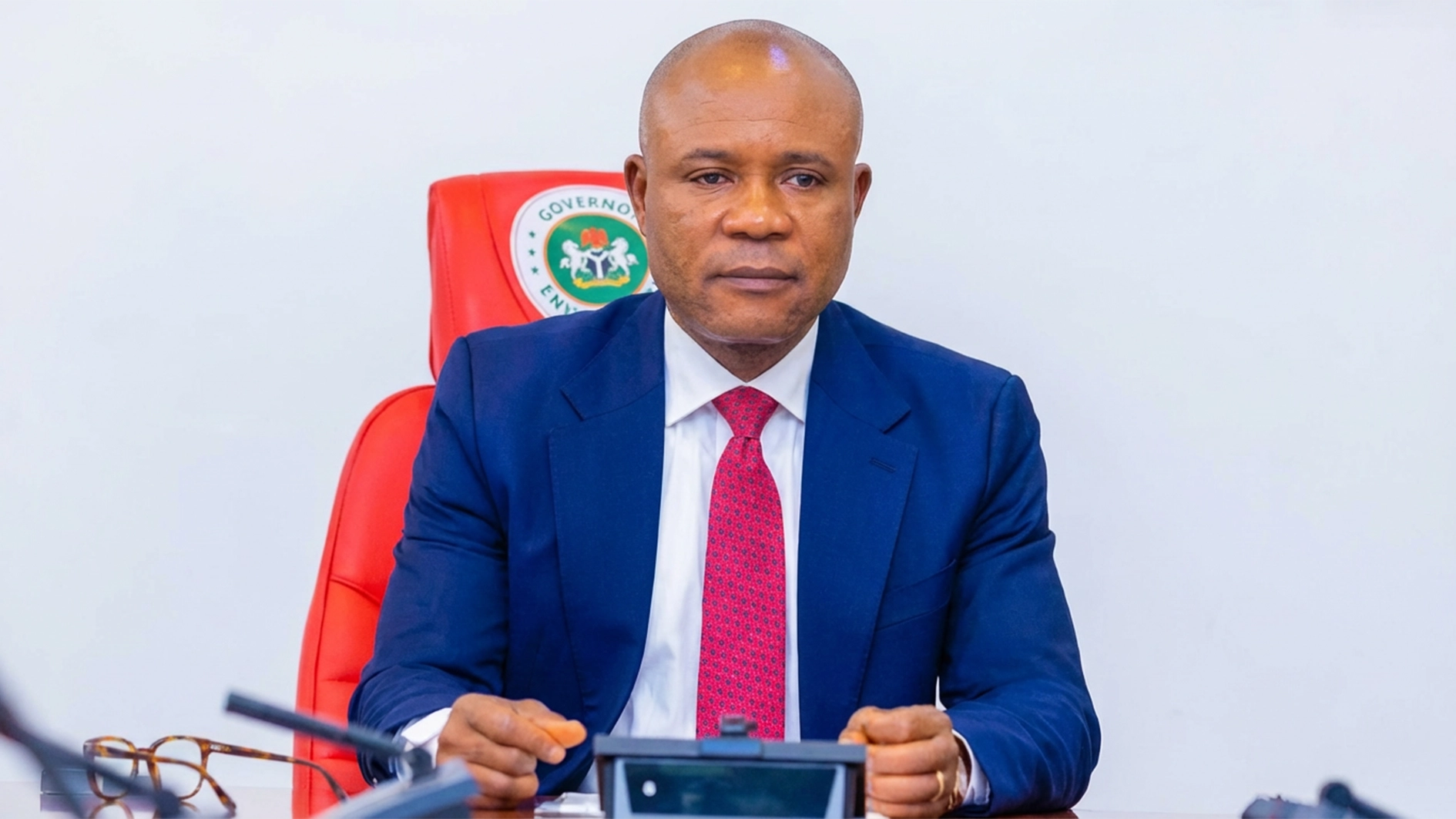 Stakeholders in the youth engagement and advocacy sphere are driving discourse on initiatives and deliberate ways for youth enlightenment on constructive political and civic education. The core aim is to foster environments where young people, and indeed, the society at large will be informed enough on their representatives, politicians and government. The non-state players seek catalysts for fair and thorough election processes where accountability and transparency embody benchmark systems and structures for ideal candidature. Oludare Richards writes:
Stakeholders in the youth engagement and advocacy sphere are driving discourse on initiatives and deliberate ways for youth enlightenment on constructive political and civic education. The core aim is to foster environments where young people, and indeed, the society at large will be informed enough on their representatives, politicians and government. The non-state players seek catalysts for fair and thorough election processes where accountability and transparency embody benchmark systems and structures for ideal candidature. Oludare Richards writes:
The need for better civic education and engagement to empower young people and women to participate in politics comes now to the fore amid youth engagement efforts in activism and civic actions such as the #EndSARS protest and the more recent #EndBadGovernance protest.
Stakeholders and civic space actors are urging young people on the need to focus on civic building, consolidation, and mobilisation rather than protests.
Most of all; youths are being urged to take advantage of the Not Too Young To Run law, which allows for youths as young as 25, to vie for seats both at the State Assembly and Federal House of Representatives, age 35 for presidency and senatorial seats and even the governorship. Before now, a candidate has to attain the age of 40 to be president and to run for the office of the governor.
Emphasis leaned on the importance of civic education and enlightenment as pro-active means to counteract the challenges of corruption and financial hardships. The advocacy for focus on civic education and responsibility to empower citizens to participate in the democratic process is followed by a call for better organisation and strategy by youths in being more deliberate in conscious effort to choose their leaders and representatives.
Research and policy analyst at BudgIT, Oluwatosin Iseniyi, speaking with The Guardian, said first, as a citizen, one needs to understand that transparency and accountability is not a luxury but a basic right.
He said Nigerians should know that as citizens, they have the right to demand accountability and transparency but to do that, people need to be part of the system which means participating in elections.
“This is because people as representatives did not get there overnight, they are voted in. So, from the first step, which is during the elections, you do your own part by knowing the credibility of the candidate. If you’re not fine with the credibility of the person, you vote against the person. You’ve done your own part,” he said.
He stressed that if the citizens do their own part, then it will be left for the other stakeholders to play their part also, in reference to politicians, technical supporters and international organisations.
Iseniyi explained that when the citizens play their part or are well informed, the politician cannot sell any crap to them.
“The reason a politician can continue to win and continue to rub their nonchalant attitudes on the citizenry is because even the citizenry are not prepared for the politics.
 “If they are strengthened and know they can write an FOI and be responded to, they will do more. The citizen first needs to know about the office of the citizen.
“If they are strengthened and know they can write an FOI and be responded to, they will do more. The citizen first needs to know about the office of the citizen.
“The citizen can even call a House of Representatives back to the constituency to come answer to what he has done in the last three months. It is constitutional. The representative is supposed to constantly report on what has been done.
He described the structure as a monitoring and evaluation system but citizens don’t know they have such power.
“There are so many things citizens need to know. For example, the citizen should know who is responsible for what.
“The citizen should know who the local ward head is, which is the councillor, the local government chairman and of course the state governor. There is power with the grassroots.
“If the person is in position, you demand accountability by being a part of the system. When they want to create policies, they call for citizens and stakeholder. However, citizens are stakeholders in their own right and are critical in pushing for development.
Iseniyi said citizens could play their part through active participation and engagement. For example, when there is a call for budget circular or when there is a policy that is about to be drafted, citizens can speak up on the contents especially on how the policy will affect them, whether tangible or monetary policies.
Consequently, before these policies are drafted, citizens are expected to be heard. Citizens though might not be there when certain policies are passed. However, when these policies are brought before the National or State Houses of Assemblies, a citizen can kick against certain parts of the document or the policy in its entirety, and it is going to be reverted.
“Normally, policies come to change the system and citizens being part of drafting will only strengthen the process and output. It will have no adverse effect on the policies.
“Talking about the budget itself, it is meant for the citizen, it is for capacity development, capital projects and implementation. So, the budget is not made for the representative but the citizens. It is important that citizens’ contribution to the drafting of the budget.
“During budget presentation, citizens can decide what needs to be removed or added. Basically, governance cannot work without citizens because the people there are going to represent citizens,” Iseniyi said.
Iseniyi said this during a Citizens Hangout event, organised for active youth inclusion with interactive workshops, games, open mic and spoken word.
Victoria Oladipo with pro-civic engagement organisation, LearnPolitics, who was also at Civic Hive venue of the Hangout, said the importance of the kind of gathering is notably the new ways to get young people involved in not just politics but what is going on in governance.
She said people need to know how they can hold their government accountable, what they need to do as citizens of a state and whom they need to hold accountable, not just about being them every election year.
She disclosed that in the last one year of LearnPolitics’ active engagement with youths in Nigerian in assessment of their knowledge base in politics, her organisation found out that people do not actually know about politics and political engagement.
She particularly, to her surprise, found out for the first time that there are citizens who have never had a glimpse of the Nigerian Constitution. She discovered in her first meeting of someone who has never seen a document of the constitution and this person is of voting age.
“Imagine never having seen a document of the Nigerian constitution before until you’re taught about the contents in the constitution. The importance of this level of rudimental knowledge is that it helps people make better decisions in the long run because if they under stand why they are voting, whom they are voting for, what kind of policies the candidate, representative or politician can enact for them, they would more likely make better voting decisions in the coming elections.
“Talking about civic enlightenment, voting is almost the result of civic engagements. We want to see that people actually vote and that they vote the right leaders for themselves,” she said.
Concerns raised by a participant at the event regarding government reactions to civic actions such as protests, especially with clampdown on protesters, was shared by several others at the gathering.
Victoria said in reaction that youths would still have to keep engaging the government but rather more constructively and with more informed ways.
Habib Sheidu, Co-founder/Project Director, AdvoKC Foundation, expressed his view regarding the verdict of the Abuja Federal High Court which ordered the freezing of accounts linked to organisers of the #EndBadGovernance protest.
He noted that the freezing of accounts linked to the #EndBadGovernance protest raises serious questions about the respect for civil liberties and freedom of expression in Nigeria.
“Such actions can create a chilling effect on civic participation and undermine citizens’ trust in democratic processes. I am deeply concerned about the recent increase in activities that further shrink our civic space. I use this opportunity to urge the authorities to reconsider this decision and ensure that all actions taken are in line with democratic principles and the protection of citizens’ rights.”
Founder of social accountability initiative, FollowTheMoney and Chief Executive of Connected Development (CODE), Hamza Lawal, said the government now at least approached the bench, and would allow for the protesters to have their day court because what they’re doing now is rather taking cue from the military junta, putting fear in the hearts of people.
Hamza noted that they’re not actually also dealing with the problem and the symptoms of the problem, because for the end bad governance, citizens didn’t just wake up and decide to protest.
“Something led to it; there is hardship. There is still inflation. Fuel is sold for as much as a thousand naira, depending on where you buy or which state you are. Today we are talking of unemployment of as high as 33%. If they are not dealing with this but are clamping down on some group of people and freezing some accounts.
“So, if tomorrow, another group emerges, or another citizen group emerge and call themselves something else for another nationwide protest, how many people can the arrest, how many can they kill, how many bullets do security agencies have? So, I think what is happening is what I call institutional capturing,” he said.
The anti-corruption activist said young people still have the opportunity to change the narrative with the NotTooYoungToRun Movement.
He urged for active participation of youths and women in politics with continued engagement and action to ensure that young people and marginalised groups have a voice in politics.
Hamza called for the intensification of non-election period civic education and voter registration drives, adding that there is need for post-election review meetings to evaluate youth performance in the last elections and to identify opportunities for the upcoming 2027 elections.
He noted that the movement has given hope to Nigerian youths to participate in politics, particularly elective offices and certain perceived impediments, such as the party system and monetary politics should be seen as an opportunity for young people to leverage ward and local politics to make a difference while building a formidable grassroots system that could further advance for the emergence of a youth-led party system in Nigeria.






